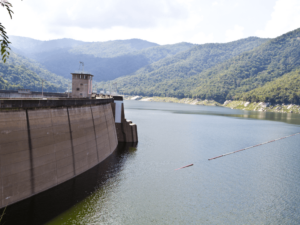Unless planned for a Black Sky event, communications will fail, thereby, preventing the execution of internal operations and the necessary coordination with the supporting electric utility, fuel and chemical suppliers, leaders of the supported community, and the public.
Situation awareness, operational control, and coordination will atrophy first and then die. Manual operations – the fallback to loss of SCADA and ICS, simply cannot work, leading to mission failure and loss of vital water services required to provide water for drinking and for firefighting. Communications would be especially vital to successfully black start a shut-down grid, where coordination between the water utility and electric utility must be orchestrated carefully to ensure that the loads that the water utility provides enable the electric utility to flourish and maintain the quality of service that the large water sector electrical machines require to safely operate.
As we have moved towards a highly electric world we have also become pervasively and heavily dependent on communications capabilities – primarily cell phones – to run our business and accomplish our mission. And, while utilities maintain radios, these radios have taken a backup role to cell phones. As a result, utilities are often negligent in training personnel on their use and in maintaining the practices and techniques necessary to operate solely on a radio-based network.
A sound and complete Communications Annex to Emergency Response Plans should assume a total loss of cell service and address the requirements for running a radio-based network, internally and with other stakeholders. Frequent radio training exercises should be conducted to improve operational capabilities and to identify and address issues such as frequencies for communicating with the supporting electric utility, suppliers, community leaders, and the public.
Like electricity, the Water Sector is vitally dependent on communications to continue its mission on behalf of the communities and people it serves.
Like to hear more? Contact us today to discover the steps we’re taking in our mission to secure our highly interdependent infrastructures.


